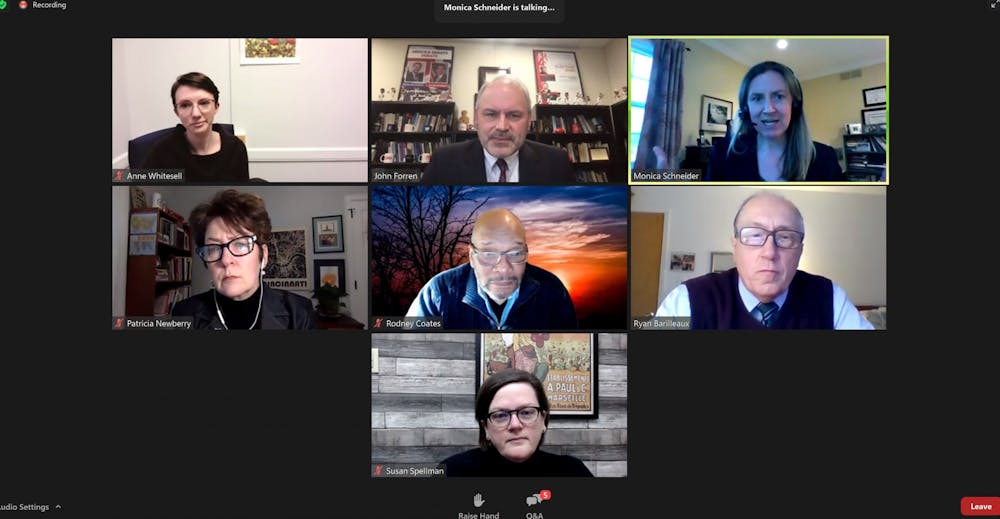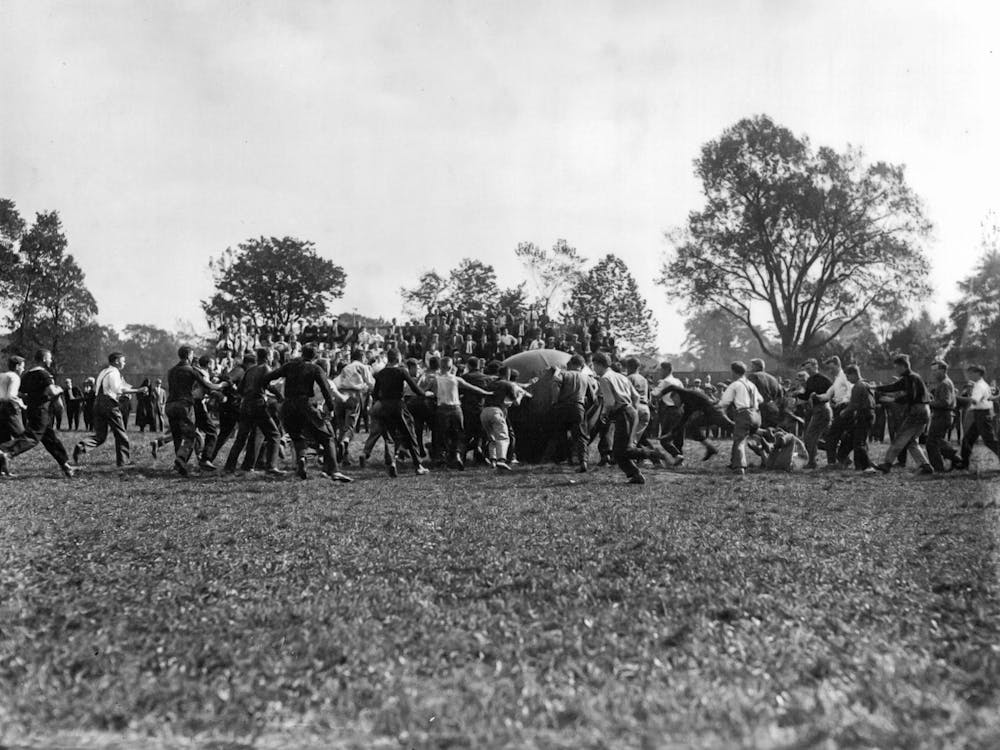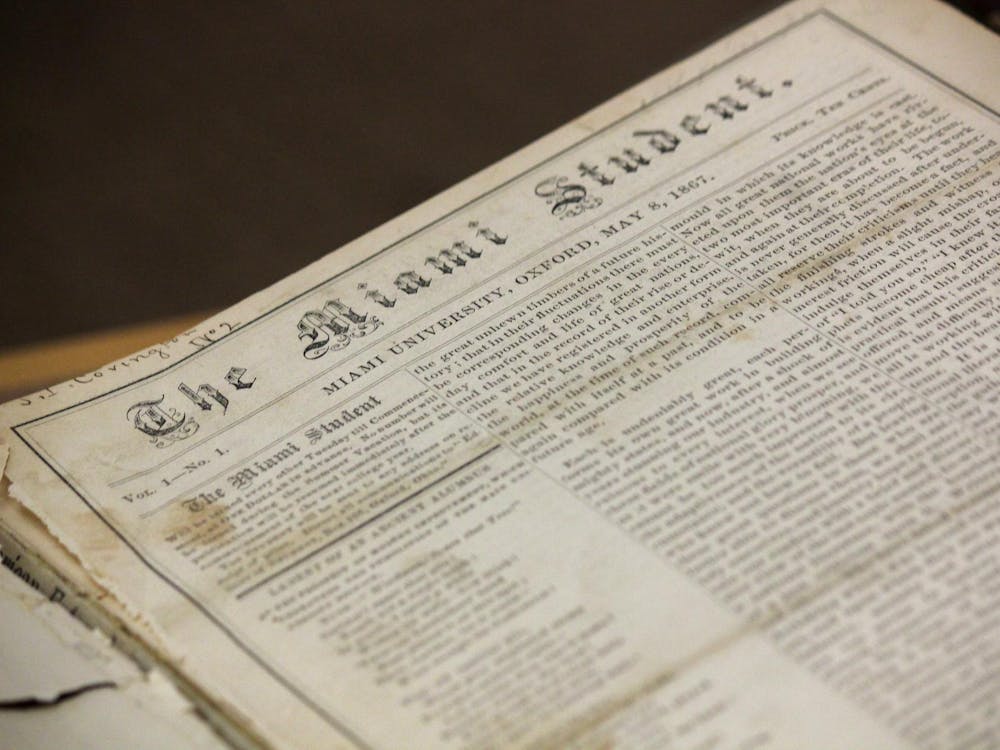During a virtual town hall featuring six Miami University faculty members, panelists discussed the effects of the 2020 presidential election and recent social unrest on American democracy.
“Democracy Under Pressure: A Discussion of Recent Events” was attended by more than 350 students and community members last Wednesday.
Each panelist prepared presentations on topics including presidential impeachment, political parties and polarization and multiple presidents’ (including Trump’s) relationship with the press. While each presentation differed in topic, they were all discussed through the lens of America’s contentious political climate.
Ryan Barilleaux, professor of political science, opened the event by explaining impeachment and clarifying two main questions: What is the charge against former president Donald Trump and how does it fit the constitutional standards for impeachment, and is the impeachment trial of a former president constitutional?
“The charges against President Trump fall well within the definition of high crimes and misdemeanors, and the House and the Senate are well within their rights, under the Constitution, to conduct the trial,” Barilleaux said.
Although Trump is no longer in office, the Constitution doesn’t prohibit the conviction of a former official. Additionally, if he is convicted, the Senate could disqualify him from running for office in the future.
“The removal [from office] is the automatic penalty, but then there’s an optional penalty that the Constitution specifies, and that is a penalty of disqualification from future office of prophet or trust or honor under the United States,” Barilleaux said. “The Senate decided a long time ago that it would take a separate vote on disqualification, and only a majority vote would be required.”
Another recent event that was covered by the panelists was the insurrection on the Capitol on Jan. 6. Rodney Coates, professor of global and international studies, talked about domestic terrorism and explored how race has been uniquely intertwined with American politics.
For his presentation, Coates read an excerpt from a forthcoming article titled “Law, Race, Privilege, Power and Resistance,” which provides insight into the origin of slavery and its effect on modern society.
“Race, originating in the three colonial processes associat[ed] with the Spanish, the French and English imperialism, essentially declared who was protected by the state and its various laws and those who were not,” Coates said. “What emerged were essentially two separate realities with separate sets of rules, bureaucracies and legal systems — one for Europeans and one for others.”
Coates believed these two separate realities could be seen through the insurrection on the Capitol by “white domestic terrorists,” as they were being escorted and celebrated by police as opposed to arrested.
“At the core, this is what white privilege looks like,” Coates said. “At the core, this is what race looks like and it’s ugly history in our country. I explore this history of how the law serves to reward, shield, reify and prioritize one group while punishing, marking, vilifying and denigrating others.”
Enjoy what you're reading?
Signup for our newsletter
Overall, the event aimed to remind people that democracy is a multi-faceted concept. The remaining panelists presented on other aspects of democracy, such as history, sociology and journalism.
These panelists included Monica Schneider, professor of political science, Susan Spellman, associate professor of history and of humanities and creative arts, Patricia Newberry, area coordinator of journalism, and Anne Whitesell, assistant professor of political science.
Amid the current political climate, the discussion panelists emphasized the importance of critical thinking, historical knowledge and personal responsibility in order to incite change. By investing in programs, teaching and taking action, faculty experts like Coates believe the American people can change the narrative of democracy.
“I know that some feel we really need unity in this country, and some are very disheartened by how disrespectful a lot of the debate has become,” Whitesell said. “I think people question whether elected officials really represent their interests, and it becomes easy to disengage from politics altogether, but things can change. Change does happen.”




